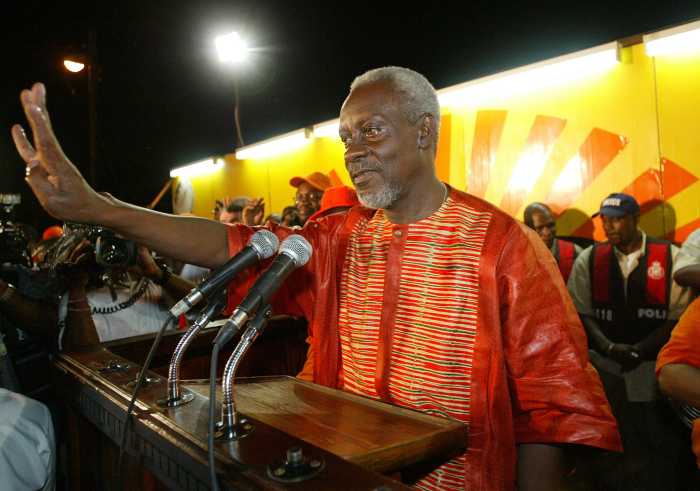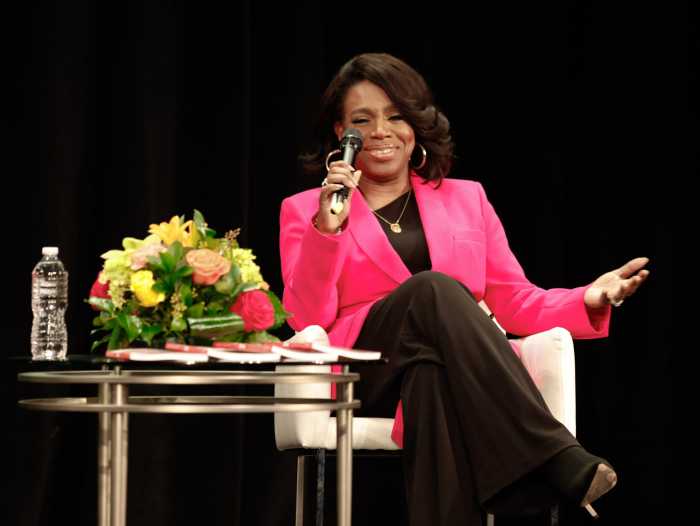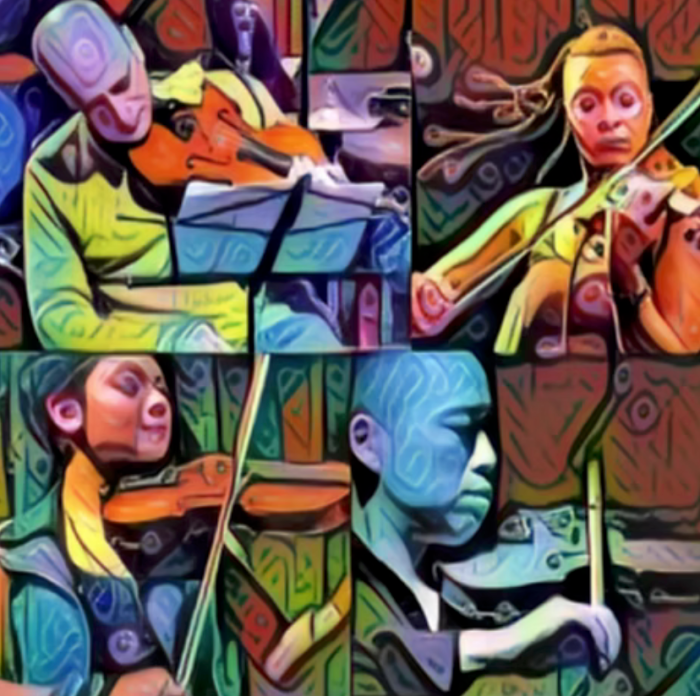The Broadcasting Commission (BCJ) on Oct. 11 has issued a directive requiring broadcasters to take immediate steps to prevent the transmission of any recorded material that promotes and/or glorifies illegal activity.
The directive comes amid high levels of violent crime in Jamaica. In 2021, for instance, the island had one of the highest murder rates in Latin America and the Caribbean, according to the British Broadcasting Corporation (BBC).
Guided by and exercising the powers granted under the Television and Sound Broadcasting Regulations, BCJ now requires an immediate halt to the transmission of any audio or video recording, live song, or speech which promotes and/or glorifies scamming, illegal use or abuse of drugs (e.g. ‘Molly’), illegal or harmful use of guns or other offensive weapons, “jungle justice” or any other form of illegal or criminal activity.
BCJ also requires an immediate halt to the transmission of any edited song which directly or indirectly promotes scamming, illegal drugs, illegal or harmful use of guns or other offensive weapons, jungle justice, or any form of illegal or criminal activity. This includes live editing and original edits (e.g. edits by producer/label) as well as the use of near-sounding words as substitutes for offensive lyrics, expletives or profanities.
To be clear, BCJ said the broadcast of a sampling of any song, which promotes or glorifies scamming, illegal drugs (e.g. ‘Molly’), illegal or harmful use of guns or other offensive weapons, “jungle justice” or any other form of illegal or criminal behavior is “strictly prohibited.”
“The directive reinforces the commission’s commitment to keeping the airwaves free of harmful content given the important role traditional media still play as agents of socialization,” said BCJ in a statement. “The use of the public airwaves to broadcast songs that promote/glorify illegal activity could give the wrong impression that criminality is an accepted feature of Jamaican culture and society.
“It could also unwittingly lend support to moral disengagement and further normalize criminality among vulnerable and impressionable youth, and the young adult demographic,” it added.
BCJ Executive Director Cordel Green said the directive is the end product of a wide-ranging process that included focused monitoring, decoding of subculture dialect and urban slangs, deliberations on balancing free expression vis-à-vis protection from harm, and consultations with industry.
He said this approach is necessary, given the nuances and peculiarities inherent in content regulation.
“Part of the difficulty in dealing with music, especially that which emerges from a subculture, is that it takes time to identify, understand and verify the slangs and colloquial language used,” Green said. “Understandably, new street lingua may take some time before they are normalized, or their meanings become well entrenched.
“The commission also has to be circumspect in its actions, knowing that regulatory attention can have the unintended consequence of giving exposure to and popularizing subcultural phenomenon,” he added.
The executive director also said that while content regulation must always have regard for the right to freedom of expression, any context in which criminality is presented through music or videos as normal behavior conflicts with the tenets of responsible broadcasting.
BCJ said it continues to welcome and encourage the public to share information about any violations via: Direct messages on Instagram, Facebook, and Twitter @bcjamaica; email at info@broadcom.org; telephone at 876 929 1998; or the Monitoring & Complaints section of the BCJ website at www.broadcastingcommission.org.
BCJ is the regulatory body that is responsible for monitoring radio, television and cable services.
It receives and investigates complaints from the public in relation to these services.
“The commission assures the public that it will continue to exert all powers within its regulatory remit to protect the most vulnerable (children and impressionable and unattached youth) from harmful media content,” the statement said.
But the strict nature of the ban has been criticized by some artists who argue music is a reflection of life, according to the BBC.
“We can’t stop the creatives (artists) from singing about what they see around them or grew around,” said Romeich, a local music manager and producer in an Instagram post. “Jamaica the only country that has children? Because the same children listen to these same songs elsewhere”.
Stephen McGregor, a GRAMMY award-winning music producer and singer, who goes by the stage name “Di Genius,” said sarcastically on Twitter: “Yay! Crime and violence gonna magically stop now.
“The move is more of a ‘look we’re doing something’ more than actually trying to do something,” he added.
The BBC said this is not the first time some music has been banned in Jamaica.
It noted that, in 2009, regulators banned music promoting sex, violence, murder or arson, when “daggering” — a type of sexually-suggestive dancing — gained popularity.


























